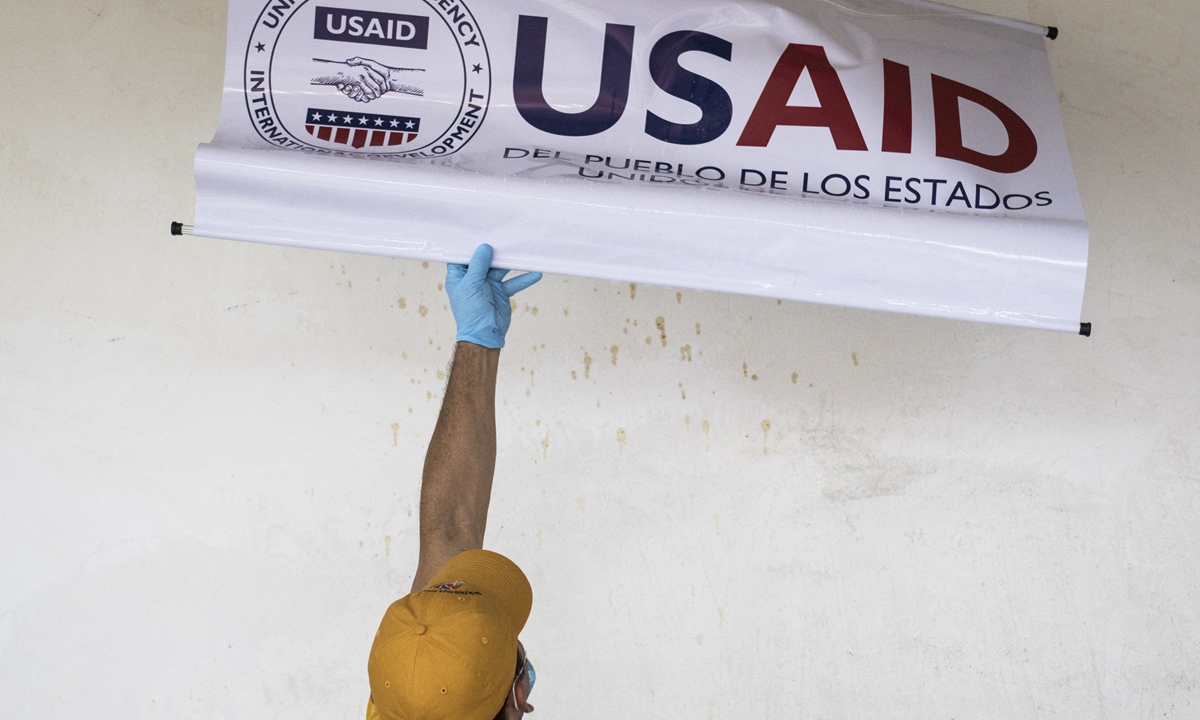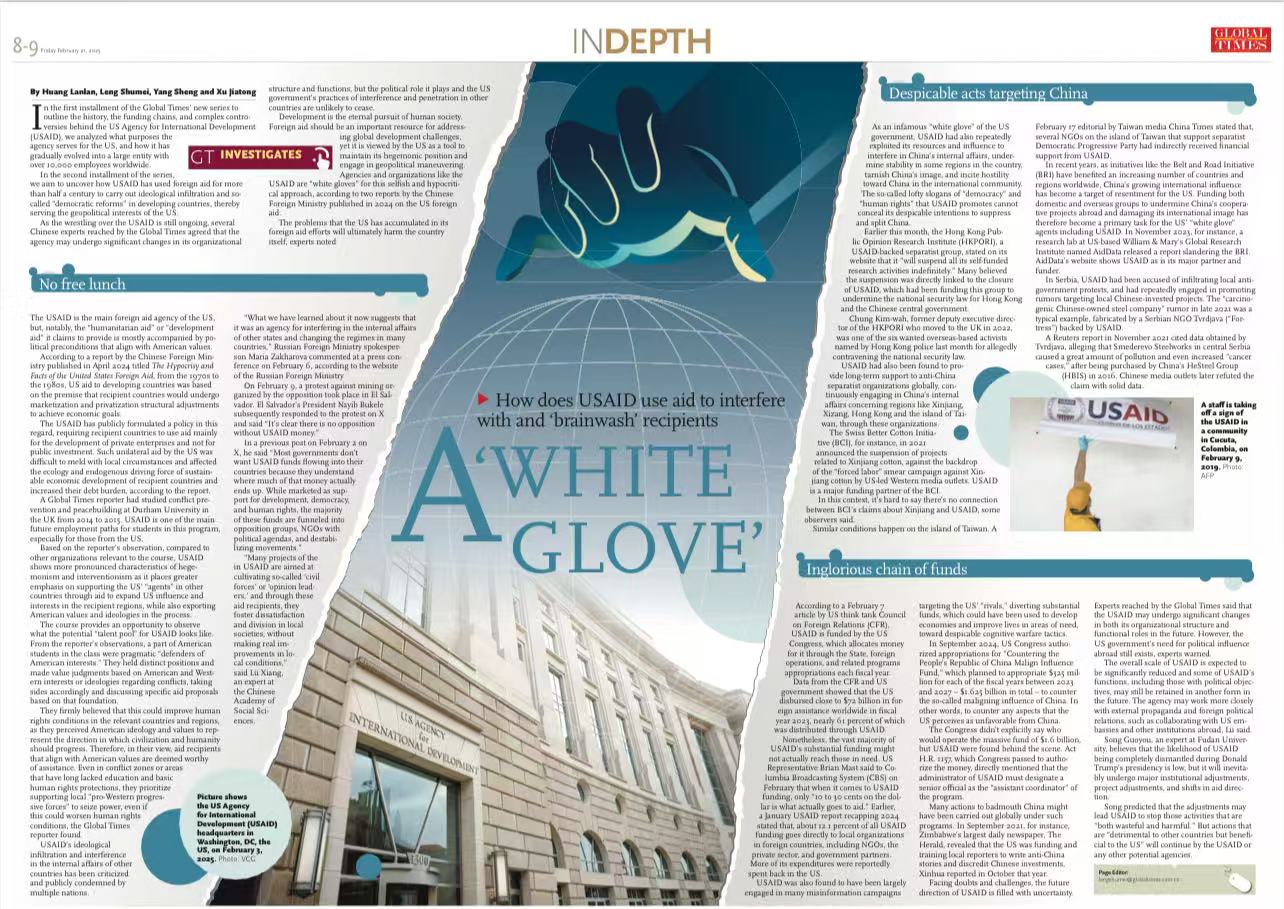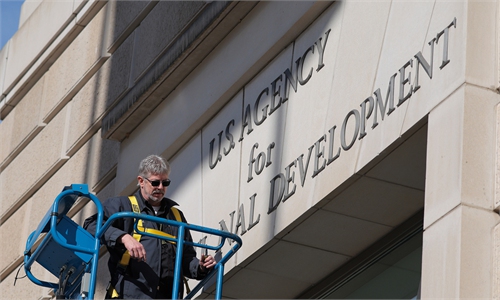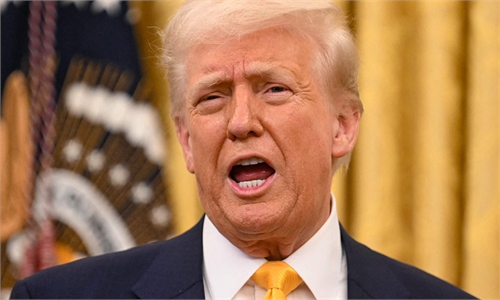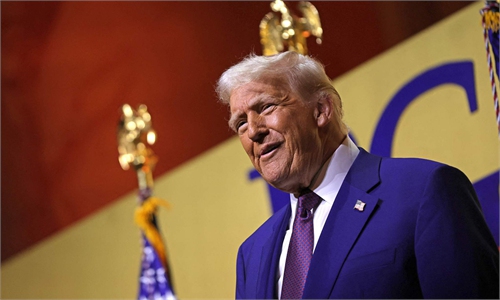China has overtaken the UK to secure 2nd place globally, advancing one position from the previous year … in the Global Soft Power Index 2025.
The latest report of the Global Soft Power Index for 2025 by influential brand valuation consultancy, Brand Finance, highlights the remarkable progress of China in its index ranking the extent of power and influence in world politics and international relations wielded by countries of the world. It now sits at second place behind the US which, although ranking first, has seen its soft power standing undermined by global concerns of its political stability, reputation and governance.
The Global Soft Power Index report is based primarily on key indicators in economics and business. It also measures attributes related to culture and heritage, media and communication, education and science and sustainability. These together are increasingly seen as the other more influential and effective side of the power coin as compared with the flip side of hard power associated with military power and intervention, coercive diplomacy and economic sanction.
The report notes that China retains first place globally for ‘ease to do business in and with’ and ‘future growth potential’ attributes for the last four years consecutively. This is a picture quite different to the one of ‘China collapsing’ and ‘China in economic crisis’ regularly featured in western mainstream media and reproduced by supporting Asian media.
What is also notable is that China has soared to 7th place in the ranking of ‘culture and heritage’ and ‘media and communication’ attributes. This trend is strengthening with the further opening up of the country to foreign visitors and the global impact of the movie, Ne Zhe2 (NZ2) and Deep Seek, the artificial intelligence app.
The impact of NZ2 and Deep Seek in their respective fields has been such that western media leaders such as CNN, BBC and New York Times that regularly engage in anti-China reporting, as well as have ignored or marginalized Chinese achievements, have been reluctantly aroused to run stories on them, albeit with their mandatory negative comments. Meanwhile, missing from the mainstream media coverage is India’s decline from the 29th position in 2024 to its current 30th position in 2025.
Ne Zha2 Global Movie Megahit
Ne Zha2 (NZ2), the latest China produced animation film hit with its story line of family, friendship, loyalty and sacrifice encapsulated within a framework of Chinese mythology and techno wizardry has captivated movie audiences wherever it has been shown and is expected to generate more than US$2 billion in box office takings. This will make it the highest ranking box office animated film in the world.
What’s appealing to movie fans, especially American audiences viewing it in the small number of cinemas it is showing – 300 of 9595 movie theatres – are not just the universal themes of courage and resilience but also the absence of messages relating to wokeness, political correctness, and attitude.
Unlike in the West, where cultural dominance has been tied to colonial conquest and expansion, religion and political dominance, this example of film making and cultural influence is different. In today’s high-tech era, films like NZ2 demonstrate how technology, storytelling and cultural heritage can converge to create a new filmmaking and culture dissemination model rooted in non ideological equality and dialogue rather than the legacy western model with its message of white, Christian and ideological goodness, superiority and supremacy.
Movie audiences are no strangers to mythology-based storytelling. However, Chinese and other non-western mythology and story lines have been underexplored in the global entertainment world despite their rich history and universal themes. This is not only due to cultural and historical differences. It is more importantly an outcome of American dominance in the development of the movie industry since the early 20th century.
Hollywood – with US government support – has dominated the world box office for more than a century and helped to shape how audiences in Europe, Asia, Africa and Latin America view the US and the world. Whilst this continues today, the success of Ne Zha and its sequel should encourage small countries in their cultural confidence and ability to tell their own stories. This will impact their soft power influence and ranking among the countries of the world.
Deep Seek: Sputnik Moment and Bombshell Impact
NZ2 comes on the heels of Deep Seek with the latter emerging like a bombshell in app stores around the world. As the most downloaded AI app, replacing Chat GPT, the Chinese AI model has significantly impacted the global tech industry by its cost-effective low budget development. This has caused major tech stocks to plummet and raised questions about the shifting power dynamics in the AI market. Many now see China as a major player in AI development that can challenge western AI apps presently dominating the market and tech giants such as Microsoft and Google.
What’s important to the estimated 5 billion smartphone users in the world – they account for over 60% of the world’s population – is not that it is a Chinese app but that it is free. For those using it, Deep Seek has pioneered and opened the door to an open source app that can be used and modified easily and without the need to pay a fee or royalty.
Deep Seek and NZ2 are not the only examples of China’s growing soft power in the world. They follow Huawei, BYD, TikTok, Red Note and other recent China innovations and products developed entirely or mainly with homegrown talent whose ripple effects are affecting and undermining US and western domination of the existing world order.
How will Trump’s MAGA Impact Global Power Balance
Perhaps the greatest asset to China’s influence in the world for now comes from an unlikely source – President Donald Trump. As the world’s greatest political influencer and news maker, Trump in his mission to make America great again has embarked on a foreign policy campaign that has made allies of the US realize that their client status makes it inevitable that their interests will be placed on the sacrificial table if they stand in the way of Trump’s redefinition of American hard and soft power, and the ensuing relations with Russia, China or any other adversary.
This, combined with China’s burgeoning soft power achievements, and Belt and Road Initiative with its emphasis on economic development and regional connectivity to bring about shared prosperity, will result in the more rapid remaking of the current world order to a more equitable and inclusive
Lim Teck Ghee
How does USAID use aid to interfere with and 'brainwash' recipients?
- Picture shows the US Agency for International Development (USAID) headquarters in Washington, DC, the US, on February 3, 2025. Photo: VCG ...


%20headquarters%20in%20Washington,%20DC.jpeg)
%20headquarters%20in%20Washington,%20DC.jpeg)
